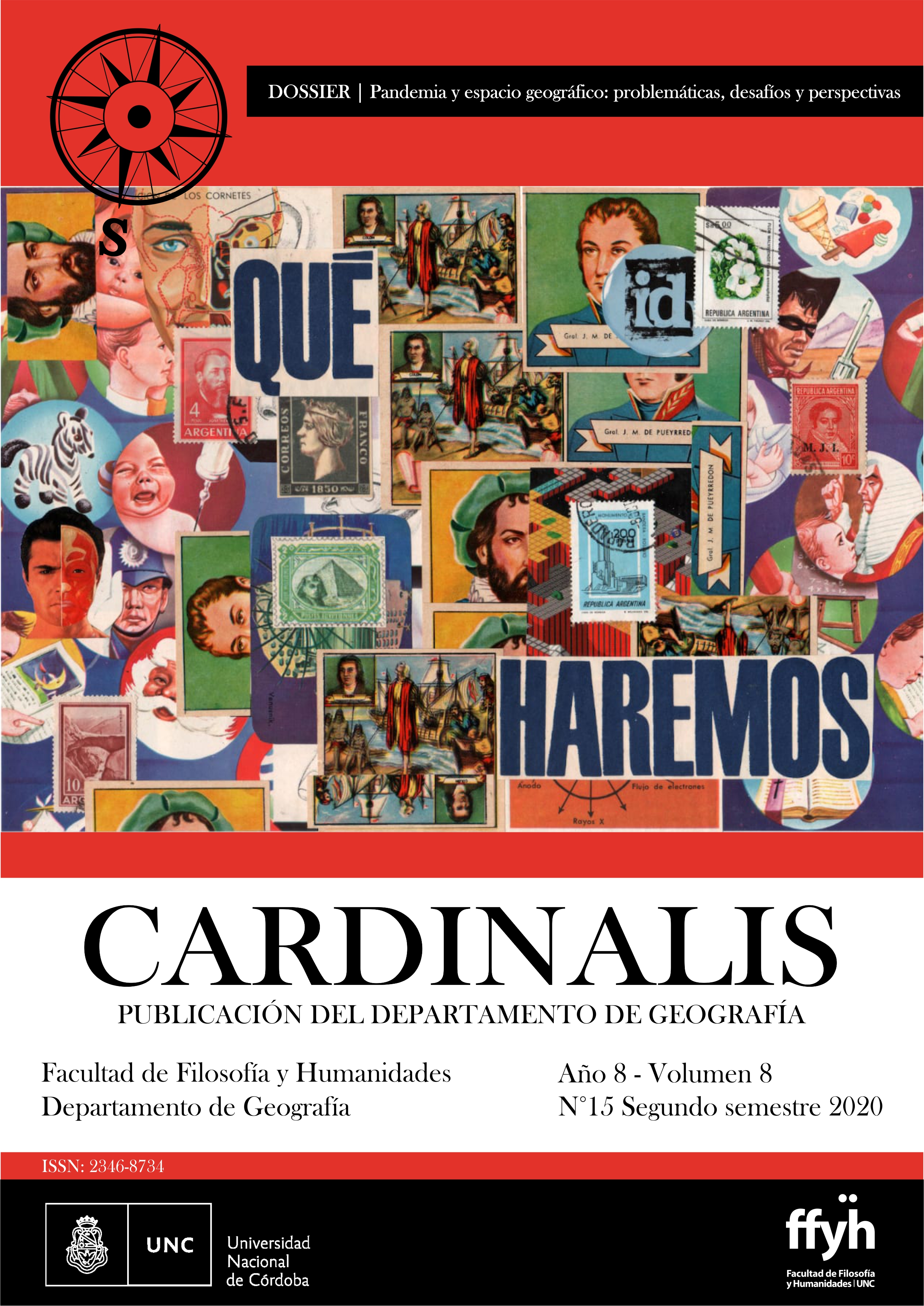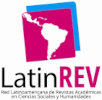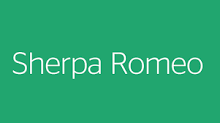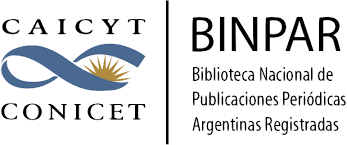Inquiry about the building code and urban-building ordinances in urban and urban-rural areas, Maipú, Mendoza
Abstract
Population growth, urban surface expansion and greenhouse gas emissions produced by the urban consumption of non-renewable energy in the building sector, requires the incorporation of planning regulations at the municipal level, mainly in countries of the region. The objective of the work is to study the regulations on land use and urban-building legal instruments in the municipality of Maipú, province of Mendoza, in order to incorporate future improvements focused on an equitable use of urban land in ecosystem services and an efficient consumption of energy resources in buildings. Methodologically, the regulations in force in the case study, provincial laws related to territorial development, building code and municipal ordinances in urban and urban-rural areas were examined, which allowed the systematization and analysis of zones and indicators. The result was an update of the municipal cartography and a percentage analysis of use zoning and a tabulated synthesis of urban-building indicators in force in the municipality; detecting the need to systematize current regulations, reverse the trend of land consumption for urban use, adjust certain urban-building indicators and create new regulations aimed at urban-building energy efficiency.
Downloads
Downloads
Published
Issue
Section
License

This work is licensed under a Creative Commons Attribution-NonCommercial-ShareAlike 4.0 International License.
Aquellos autores/as que tengan publicaciones con esta revista, aceptan los términos siguientes:- Los autores/as conservarán sus derechos de autor y garantizarán a la revista el derecho de primera publicación de su obra, el cuál estará simultáneamente sujeto a la Licencia de reconocimiento de Creative Commons (indicada abajo) que permite a terceros compartir la obra siempre que se indique su autor y su primera publicación esta revista.
- Los autores/as podrán adoptar otros acuerdos de licencia no exclusiva de distribución de la versión de la obra publicada (p. ej.: depositarla en un archivo telemático institucional o publicarla en un volumen monográfico) siempre que se indique la publicación inicial en esta revista.
- Se permite y recomienda a los autores/as difundir su obra a través de Internet (p. ej.: en archivos telemáticos institucionales o en su página web) antes y durante el proceso de envío, lo cual puede producir intercambios interesantes y aumentar las citas de la obra publicada. (Véase El efecto del acceso abierto).

Esta obra está bajo una Licencia Creative Commons Atribución-NoComercial-CompartirIgual 4.0 Internacional.






